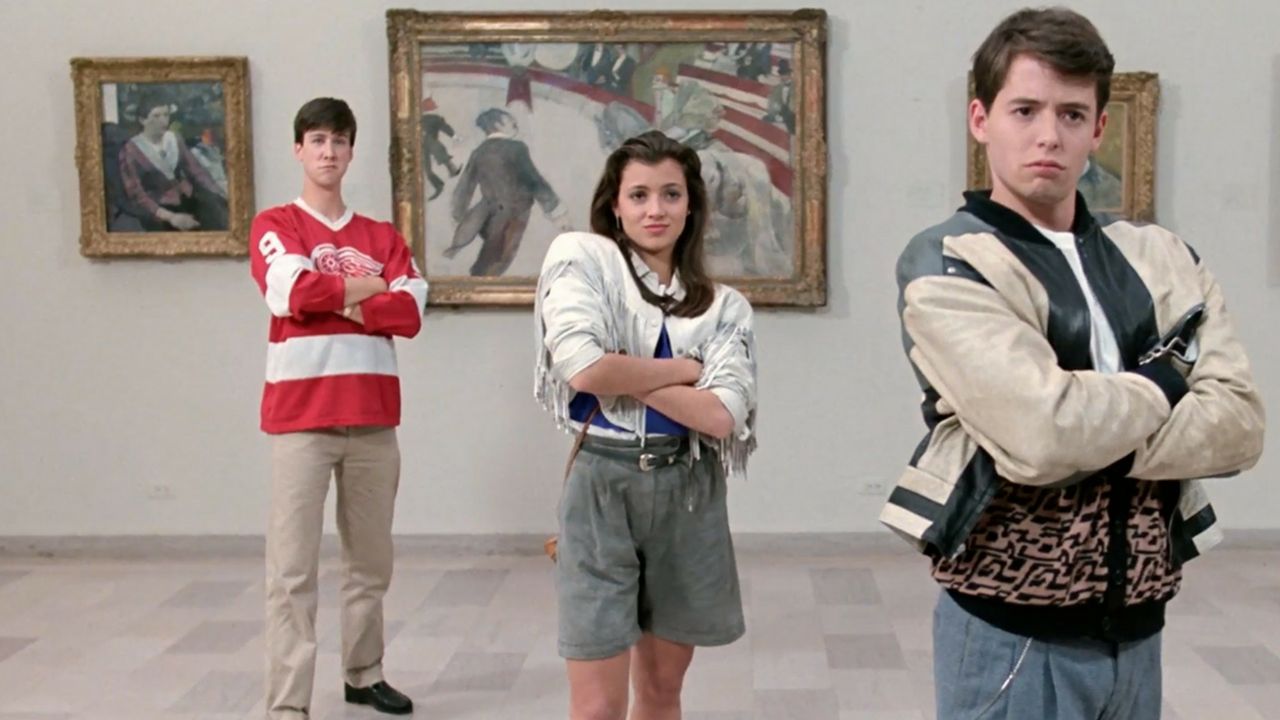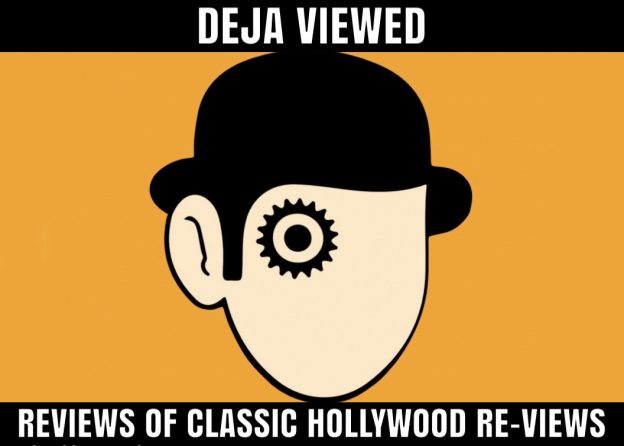
Some art has a lyrical note to it.
Not in the overt sense, like you’d find in symphonies, operas, ballets and musicals on stage and screen. But in a more sublime sense, particularly in the visual arts.
Whether it’s a memorable theme song (M*A*S*H*, Cheers) or a show fully aware of the music of its time or place (Mad Men, Breaking Bad, Community), some pieces just feel like they can carry a tune. Like porn, it’s hard to define. But you know it when you see it. Here’s how to tell whether art is lyrical. Think of a favorite show or film. Did it introduce (or, better yet, re-introduce) you to a song, singer, band or genre? If so, it’s lyrical.
Ferris Bueller’s Day Off is the lyrical film incarnate. From Ferris singing Danke Schoen in the shower to the introduction of Yello’s Oh Yeah, the trailer for director John Hughes’ 1986 film announces up front: Either get in rhythm, or get out of the way.
But how could we get out of the way of this irresistible movie? Bueller would not only become one of the Mount Rushmore faces of the modern high school comedy; it would seal John Hughes’ reputation as the Hollywood voice of Generation X adolescence. Between Bueller, The Breakfast Club, Sixteen Candles and Pretty in Pink, Hughes wrote the book on teenage suburban angst — and set a template that exists to this day.
Bueller, though, breaks from its predecessors by not taking itself so seriously. If anything, Bueller is a zen meditation compared to the psychopathy of the earlier films. Ferris doesn’t fret school; he sees principals as comic foils. He’s Bart Simpson in a cardigan and beret.
Which may explain the lyrical joy of the movie. Hughes packs Bueller with as many logic-straining adventures as any classic Matt Groening episode, complete with unexpected musical numbers. In an 1 1/2 hours, Ferris:
- Jacks a Ferrari.
- Visits the Chicago Museum of Art.
- Catches a Cubs game.
- And crashes the real annual Chicago parade.
All while crooning, dancing and lip-syncing his way out of the clutches of infantile Principal Rooney. Ferris professes an enlightened rationalization for his 10th absence of the school year: “Life moves pretty fast. If you don’t stop and look around once in a while, you could miss it.” Name another high school film with that message at its core.
Bueller even manages to accomplish the heretofore impossible: improve a Beatles tune. Close your eyes at the 2:20 mark of the Chicago parade; see if Twist and Shout doesn’t sound better with a horn section, clapping hands, stomping feet and a chorus of rising voices.
Which is, ultimately, what makes Bueller so catchy. Don’t just stop and look around, the movie seems to implore. Stop and sing out.
There’s a wistful element to Bueller, The movie would mark Hughes’ (who died at 59) last high school film, as his pictures would later focus on what Ferris might have become as a dad (She’s Having a Baby), a divorcee (Uncle Buck) or both (Planes, Trains and Automobiles).
Right before Twist and Shout, the film ponders Ferris’ future after high school. Bueller’s buddy Cameron suggests Ferris will become a fry cook on Venus. In DVD commentary, Hughes saw a future of extremes. Ferris would either wind up in prison, the director speculated, or he’d become president.
We should be so lucky. To quote the would-be future king: Anda one, anda two…

